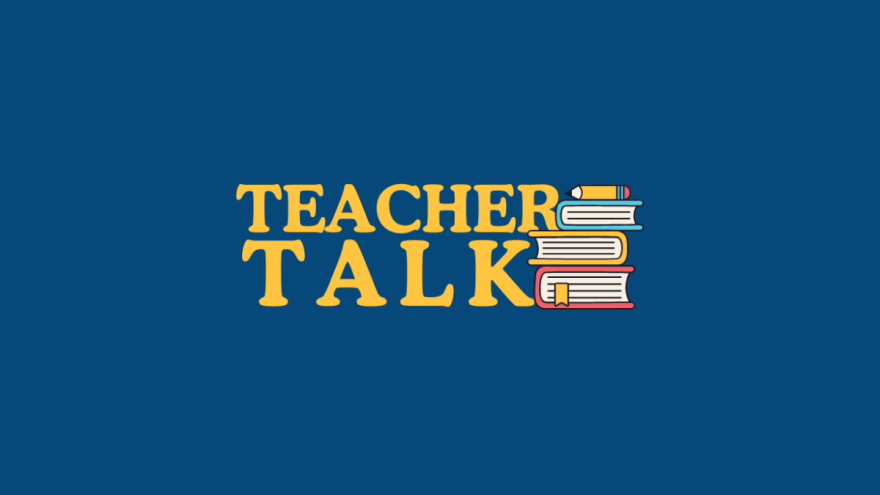What is the “Science of Reading”? In 2023, “Reading” was the first runner-up for Education Weekly’s “Word of the Year,” losing out to “Math.” After a year dominated by headlines in state legislation of the science of reading, and research on literacy concepts like morphology, the science of reading appeared over 600 times in EdWeekly’s coverage. Yet, not even educators agree on a definition for the phrase, found a EdWeek Research Center Survey, and the term is rarely used in academia.
The science of reading has become both a “buzzword and lightning rod in the greater field of education” according to a joint statement from members from The Reading League (TRL) and the National Committee For Effective Literacy (NCEL). However, their 2023 joint summit defined the science of reading as a comprehensive and evolving body of knowledge about best practices in reading and literacy instruction.
The Reading League Science of Reading: Defining Guide (2022) provides this official definition: …a vast, interdisciplinary body of scientifically-based research about reading and issues related to reading and writing. This research has been conducted over the last five decades across the world, and it is derived from thousands of studies conducted in multiple languages. The science of reading has culminated in a preponderance of evidence to inform how proficient reading and writing develop; why some have difficulty; and how we can most effectively assess and teach and, therefore, improve student outcomes through prevention and intervention of reading difficulties.
The science of reading has its roots in the Simple View of Reading, a literacy theory formulated in the 1980s. The Simple View of Reading is often graphically represented by Dr. Hollis Scarborough’s Reading Rope, which demonstrates the two aspects needed for reading comprehension: 1) oral language ability and 2) decoding and word recognition. While spoken language develops organically, as the Simple View of Reading theory states, reading as a decoding process must be expressly taught. The science of reading calls for explicit instruction in decoding through the systematic process of phonemic awareness, phonics, fluency, vocabulary, and comprehension.
Given the varied definitions of the science of reading, it is understandable that teachers are reacting differently to implementing its practices. While some teachers are finding tremendous success with their students in teaching phonics and other science of reading methods such as morphology, others are frustrated by the lack of professional development opportunities. Teachers of middle and high school students are excited about seeing new options for struggling readers in their teens. Yet with states legislating bans on literacy practices that some teachers have used for decades, such as cueing, many teachers see this as an affront to their academic freedom and professional judgment. Additionally, the National Committee for Effective Literacy argued in a 2022 white paper that the focus on teaching phonics and decoding in isolation creates inequities for English language learners, who need more instruction in spoken language.
While the science of reading may remain a hot button topic for now, everyone is in agreement of the importance of a literate society. USA Today reported that 79% of adults in the United States are literate, meaning that they can "complete tasks that require comparing and contrasting information, paraphrasing, or making low-level inferences," yet 54% of adults in 2023 now read below a sixth grade reading level. And while global literacy rates have steadily improved since 1975, over 763 million people worldwide are illiterate – two thirds of which are women.
Therefore, while there may be debate on the most effective strategies for teaching reading, the need for a literate society is not in question.


